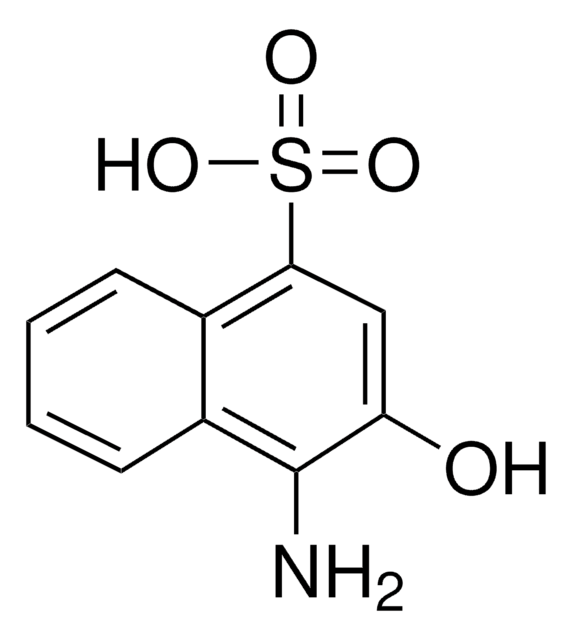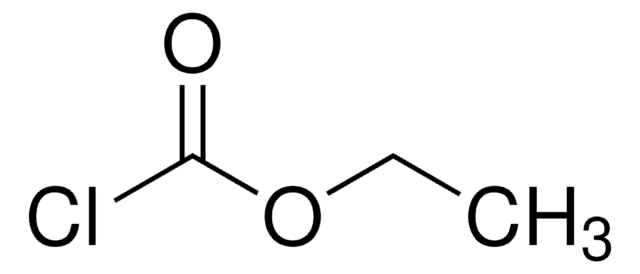About This Item
Recommended Products
grade
ACS reagent
Quality Level
Agency
suitable for SM 5210
Assay
≥98.0%
form
powder or crystals
impurities
Free acid, passes test
≤0.005% insolubles
≤0.03 meq/g Titr. free base
pH
9.0-10.5 (25 °C, 126 g/L)
solubility
water: soluble 126 g/L at 20 °C
anion traces
chloride (Cl-): ≤0.02%
cation traces
Fe: ≤0.001%
heavy metals (as Pb): ≤0.001%
SMILES string
[Na+].[Na+].[O-]S([O-])=O
InChI
1S/2Na.H2O3S/c;;1-4(2)3/h;;(H2,1,2,3)/q2*+1;/p-2
InChI key
GEHJYWRUCIMESM-UHFFFAOYSA-L
Looking for similar products? Visit Product Comparison Guide
General description
Application
- As a reducing agent in the hydroxylation of arylboronic acids and arylboronic esters into corresponding phenols.
- In the transformation of α-amino alcohol methanesulfonate hydrochlorides to sodium α-amino alkanesulfonates.
- As a SO2 precursor in the multigram synthesis of DABCO·(SO2)2 abbreviated as DABSO.
Storage Class Code
13 - Non Combustible Solids
WGK
WGK 1
Flash Point(F)
Not applicable
Flash Point(C)
Not applicable
Certificates of Analysis (COA)
Search for Certificates of Analysis (COA) by entering the products Lot/Batch Number. Lot and Batch Numbers can be found on a product’s label following the words ‘Lot’ or ‘Batch’.
Already Own This Product?
Find documentation for the products that you have recently purchased in the Document Library.
Customers Also Viewed
Related Content
This page is intended to make it easier to find the consumables you need based on the analytical method you’re using. Methods included on this page come from the EPA, Standard Methods and ASTM.
This page is intended to make it easier to find the consumables you need based on the analytical method you’re using. Methods included on this page come from the EPA, Standard Methods and ASTM.
This page is intended to make it easier to find the consumables you need based on the analytical method you’re using. Methods included on this page come from the EPA, Standard Methods and ASTM.
This page is intended to make it easier to find the consumables you need based on the analytical method you’re using. Methods included on this page come from the EPA, Standard Methods and ASTM.
Our team of scientists has experience in all areas of research including Life Science, Material Science, Chemical Synthesis, Chromatography, Analytical and many others.
Contact Technical Service





